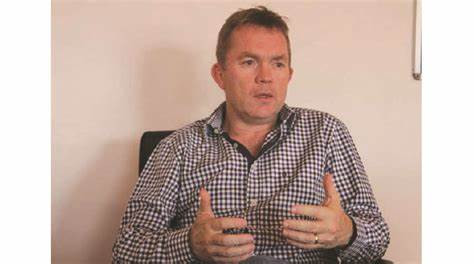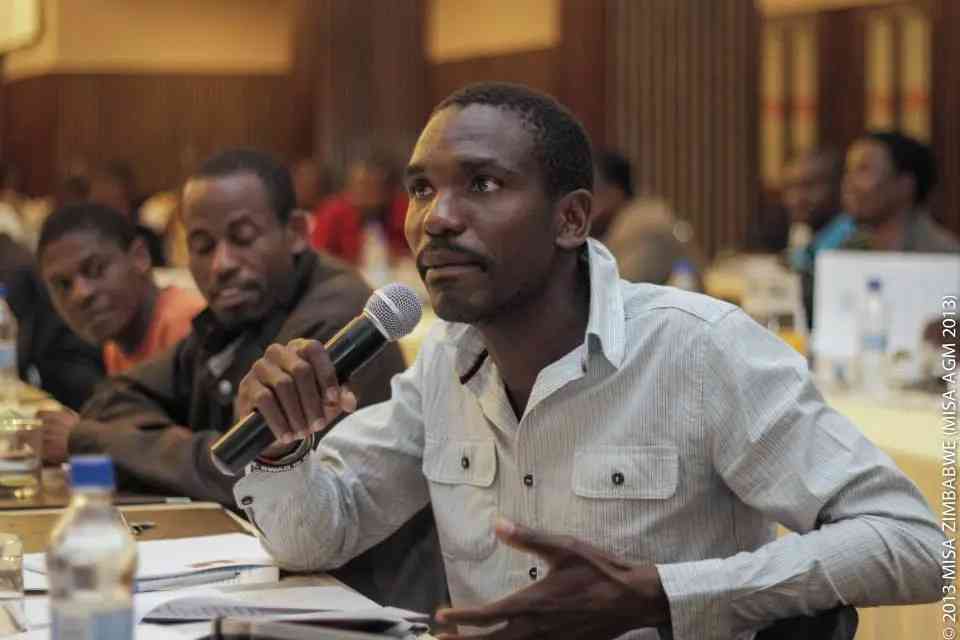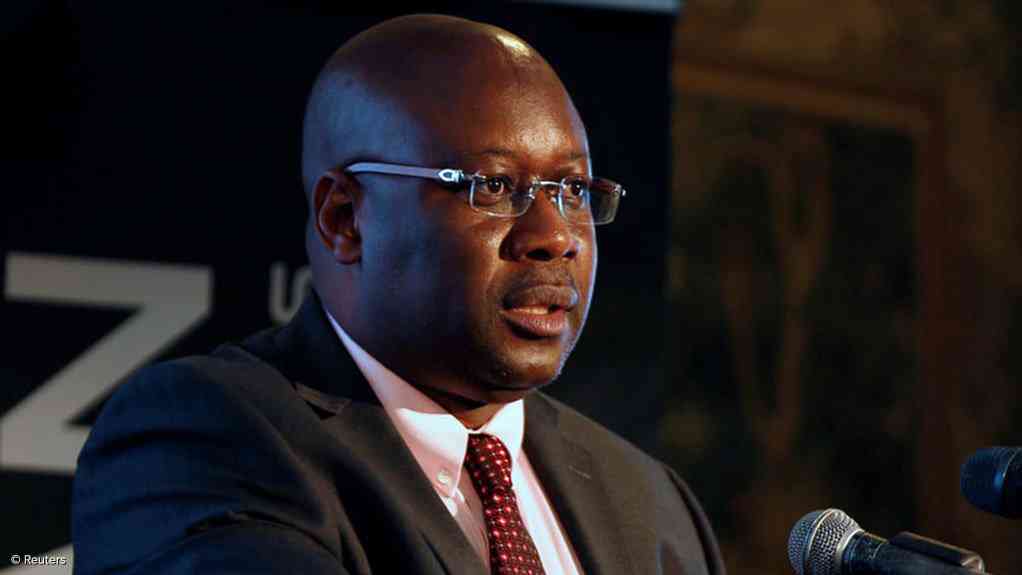
NATIONAL Foods Holdings Limited, one of Zimbabwe’s largest milling companies, recently revealed it has invested US$40 million in capital expenditure over the past three years. This investment has enabled the firm to introduce new product lines and scale up production. The company also announced plans to invest an additional US$10 million this year to consolidate its operations. To gain deeper insights into the business, our deputy group business editor, Tatira Zwinoira (TZ), interviewed the company’s chief executive officer, Mike Lashbrook (ML). Their discussion, which took place after a tour of the firm’s operations, touched on various issues affecting industries, including drought and the power crisis. Below are excerpts from the interview:
TZ: You have talked about food security and the effects of this year’s drought on your operations. Could you please explain more about this?
ML: It has really been a terrible drought in the whole sub-region. It is one of the worst droughts in many, many years. Three of the big countries, population-wise, in the sub-region have declared a state of disaster. Fortunately, South Africa still has a bit of a surplus of white maize. We think it hould be enough to handle the sub-region.
TZ: What will happen if South Africa fails to satisfy demand?
ML: If there is a deficit then we can always go further afield to Mexico and the US (United States).
But that is not an ideal solution because the quality of maize (from those countries) is a bit different to what we are used to. We have made plans ahead for next year through to June and we think in terms of consistency of supply we do not foresee any issues.
TZ: How about stock feeds? What is the situation in that space?
ML: The other big dynamic is that the stock feed maize will be yellow maize. This is because of the shortage in white maize. White maize prices have gone up a bit. For yellow maize, the prices have been bit lower. So, your stock feeders will be generally using yellow maize in the next year and that makes the white maize obviously last longer. It is a tight situation, but we are fortunate in that South Africa still have a bit of a surplus to assist the region.
- Zim wins award for its GBV fight
- Inflation, fear drives USA polls
- NatFoods joins VFEX listings rush
- Take Money’s shot at history in jeopardy
Keep Reading
TZ: The 100 000 tonnes that you mentioned during your presentation (as import requirements) - is that for your company lone?
ML: No, that is the country. That is national.
TZ: Out of that 100 000, how much are you going to be importing as National Foods?
ML: I would not want to say the specific number because people will (be able to) derive our usage. But it is a reasonable share.
TZ: Tell us about currency issues. We have a new currency. But the currency issue remains a major problem in Zimbabwe
ML: Our philosophy as a business is that our destiny is in our own hands. We deal with challenges, you know, ourselves. In terms of the currency related issues, as with most companies in Zimbabwe, the majority of our revenues are in US dollars at the moment.
It is a significant percentage contribution. It is of the order of 80% to 90%. With that in mind, it does leave us in a space where we can sustainably fund our imports.
We can fund our capital expenditure and other requirements. So it is not too much of a concern or worry. Obviously, ZWG (Zimbabwe dollar) was recently introduced. We are working with various players in the supply chain in terms of its acceptance, in terms of making it flow.
Hopefully all players in the value chain can put their heads together. You always get teething problems with a new currency. It is a big undertaking to introduce a new currency.
TZ: Are you saying that you do not have any challenges right now?
ML: I would never say we do not have challenges. We have a myriad of challenges. But we deal with them. Our key focus as a business is getting our three new businesses going. These are our breakfast cereals, our pasta, and our biscuits. We have deployed significant investment there and given the global number of what we have spent in the last three years, obviously our shareholders look to us for a return on that investment.
If you talk of what occupies us as a team, that is the key thing that is occupying us. It is getting those three businesses really working well, producing great products, making sure we are serving the market well, and selling well. That is the kind of our day to day focus.
TZ: Tell us about the problem of power cuts.
ML: That is a very valid question. I think everyone knows power supply has been a bit constrained over the last 12 to 18 months. We work closely with Zesa. They are they are very good to us as a producer of basics and they look after us. The costs have gone up a lot, significantly over the last 12 to 18 months but I think we understand that given the various challenges in the region with hydro, with power availability, we are looking at mitigating that. We are currently looking at putting in solar for our own usage and we are at the late stage of investigating the use of solar power for our plants.
It is a big change that has occurred. But it is common to every single other industrial plant. And like all businesspeople, we are looking at how we mitigate that challenge now.
TZ: In terms of tariff exemptions, what is your view?
ML: I think to be honest sometimes we try and be kind of realistic in our engagements about what can be done and what cannot be done.
We respect Zesa’s situation in terms of lobbying for a low rate. Zesa needs to be sustainable. I think it is a well-documented fact. Part of the reason we have power issues is that the power rates were too low for too long. We have been well under regional parity for a long time. We have now gone over and it is a bit of a correction occurring.
So, in our view, I do not think lobbying for lower rates would be correct. We would rather say how do we lower the cost of power? We do that through things like investing in solar, which is also good for the country as it lessens our demand on the grid.
So, we tend to try and think of win-win solutions if I can put it that way, rather than saying ‘oh, we want to just look for a dispensation’.
I do not think that is productive, really.
TZ: You talked about cost structure. What would you or what cost cutting measures are trying to put in place?
ML: In manufacturing the journey of efficiency improvements is never-ending. It is a journey of continuous improvement and that is how we are. We are always learning. The market is changing. I think some of the key ones I have highlighted are power. That is a big one.
Putting solar can generate fairly reasonable savings. And then we have done some fairly cool things.










